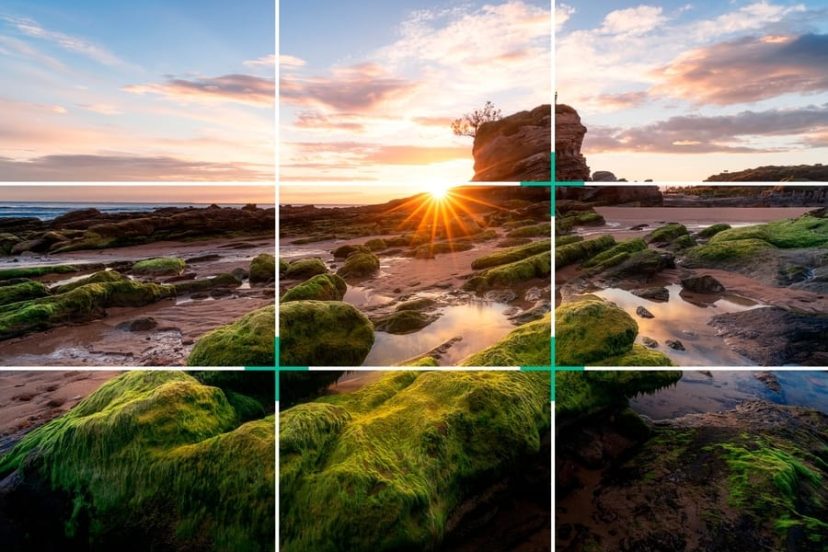15 Composition Techniques to Improve Your Photos
Why Composition Is Everything in Photography
If you’re like me when I started, you probably think a good photo depends mostly on gear. But trust me, even the best camera won’t save a poorly composed shot. The secret sauce? Composition. And when it comes to the best photography composition techniques for amateurs, mastering these 15 tools will instantly boost your images—no expensive lens needed.
Rule of Thirds
Why It Works
This is a classic for a reason. Divide your frame into a 3×3 grid and place your subject at the intersections. Rule of thirds adds balance and natural interest.
Leading Lines
Guide the Viewer’s Eye
Think roads, fences, or rivers—leading lines pull your viewer straight into the subject. Use them to create flow and narrative in your shot.
Framing
Using Natural Frames
Use windows, arches, or trees to surround your subject. This framing technique helps isolate your subject and adds visual interest.
Symmetry & Patterns
Look for Balance
Patterns grab attention, and symmetry soothes the eye. A symmetrical image feels stable and satisfying, especially in architecture or reflections.
Fill the Frame
Eliminate Distractions
Get in close—really close. By filling the frame with your subject, you remove clutter and make your message loud and clear.
Use of Negative Space
Let the Subject Breathe
Sometimes what you leave out is more important. Negative space gives your subject room to shine and your photo a clean, modern vibe.
Centered Composition
When Breaking Rules Works
Centering your subject can create a powerful, bold image—especially with symmetry or a strong subject. Don’t be afraid to break the rule of thirds.
Add Depth to Your Photos
Foreground, Middleground, Background
Layering creates a 3D feel in a 2D image. Include elements at various depths to give your viewer a sense of space.
>>> Best DSLR camera kits HERE<<<
Contrast in Composition
Light, Color, and Texture
Using contrast helps your subject stand out. Think dark against light, smooth next to rough, or warm colors against cool ones.
The Golden Ratio
Nature’s Perfect Balance
It’s like the rule of thirds, but based on the Fibonacci spiral. Nature loves it, and when you use it, your photo just feels… right.
Frame Within a Frame
Adds Layers and Storytelling
Using one object to frame another—like a window framing a mountain—adds depth and narrative.
Juxtaposition
Opposites Attract
Put two contrasting elements together—a skyscraper and a tree, old and new, rough and smooth. Juxtaposition sparks interest.
Keep It Simple
Focus on What Matters
Don’t try to cram everything into one frame. A minimalist approach often creates more impact than a busy composition.
Composition Through Color
Complementary & Harmonious Color Schemes
Color guides emotion. Use complementary colors (like blue and orange) for boldness, or analogous colors for harmony.
Change Your Perspective
Shoot High, Low, and Everything In Between
Don’t shoot everything from eye level. Try laying down, getting above, or tilting your camera. A new angle makes a huge difference.
Final Thoughts on Mastering Composition
You don’t need to memorize all 15 techniques—start by trying a few each time you shoot. With time, these best photography composition techniques for amateurs become second nature. And when they do? Your photos won’t just look better—they’ll tell stories that people remember.
>>> Best DSLR camera kits HERE<<<
Frequently Asked Questions
Q1: Should I use all 15 composition techniques in one photo?
Nope! Use 1–3 per image. Simplicity wins.
Q2: Which composition rule is easiest to start with?
The Rule of Thirds—it’s beginner-friendly and super effective.
Q3: Can I break the rules of composition?
Absolutely. But first, learn them so you know how to break them with purpose.
Q4: Do these work on smartphone cameras too?
Yes! Composition is gear-agnostic. Apply these tips whether you use a phone or a DSLR.
Q5: How do I practice composition effectively?
Pick one technique per day and shoot 5–10 photos using it. Review, repeat, and improve.
Read more relevant posts:




